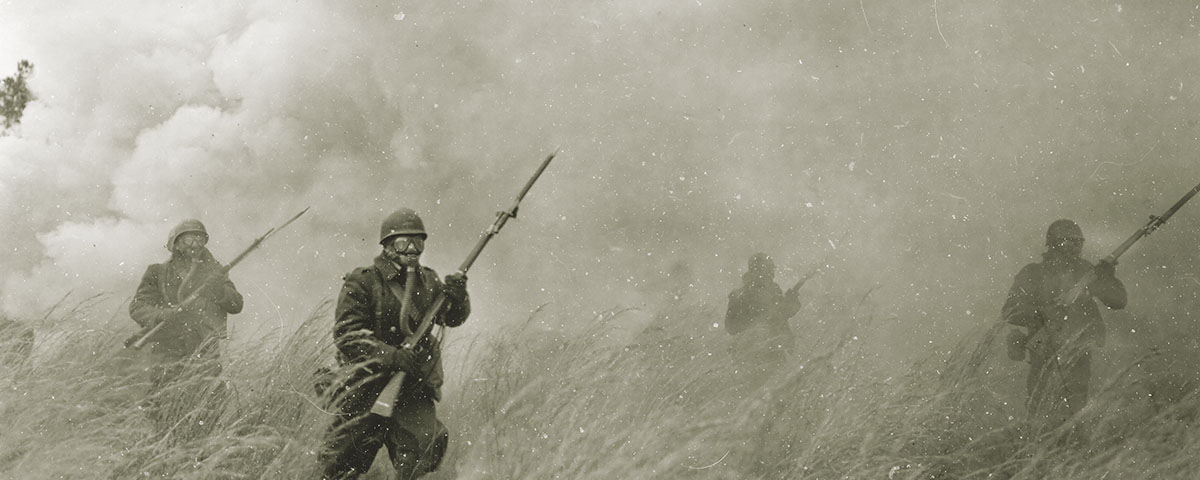They were lied to, exposed to mustard gas, and told to keep silent or face court-martial and imprisonment. Most were never compensated for their suffering.
Congress finally passed legislation in August that will make it easier for World War II veterans to seek recompense for the ordeal of being subjected to their own government’s chemical tests. The law came two years after National Public Radio reported that the Veterans Administration (VA) had not lived up to its promise to “do right” by those veterans.
Missouri senators Claire McCaskill, a Democrat, and Roy Blunt, a Republican, had pushed the Arla Harrell Act, named for one of the victims. Harrell joined the army in 1945 at age 18. At Camp Crowder in Neosho, Missouri, he was forced to breathe mustard gas without wearing a mask. He became sick and was hospitalized, and has spent the rest of his life fighting respiratory problems and skin cancer. But the VA repeatedly rejected Harrell’s requests for benefits.
Harrell, 90, who lives in a Missouri nursing home, is one of 60,000 service members who served as human guinea pigs for wartime chemical testing. At least 4,000 were exposed to high levels of mustard gas or the mustard agent Lewisite, which causes skin blisters and damage the eyes and lungs. The tests were meant to determine how men reacted to mustard agents and how well their protective equipment worked.
Senator McCaskill believes that 400 of those veterans are still alive.
While carrying out the tests, the army told some soldiers that they would be testing summer clothing. Some agreed to the tests in exchange for vacation time. Once they had been tested—many forced to breathe mustard agents in enclosed chambers—they were threatened with dishonorable discharges or imprisonment at Fort Leavenworth if they told anyone what they had been through.
The program was declassified in 1975, but the veterans were effectively bound to secrecy until 1991, when the VA announced plans to compensate victims—if they could prove that they had been exposed to mustard agents and suffered from an approved list of maladies. The agency has denied nearly 90 percent of the claims.
In a 2016 report, McCaskill’s office found that the VA did a poor job of notifying veterans that they were eligible for benefits, relied on an overly narrow list of medical conditions and slipshod service records to assess claims, and reached decisions in murky ways.
One problem: the veterans’ paperwork is often incomplete or missing because a 1973 fire at the National Personnel Records Center in Saint Louis destroyed at least 16 million personnel files.
McCaskill’s bill would require the VA and Department of Defense to reconsider previously rejected claims and presume the applicant had been exposed to mustard agents unless they could prove otherwise; create new policies for processing claims; and report to Congress every 90 days on claims they reject.
Secretary of Veterans Affairs David Shulkin specifically said the government would reconsider Arla Harrell’s case: “We believe him and we are going to act as quickly as we can to make sure that he is recognized and gets what he clearly deserves.”





